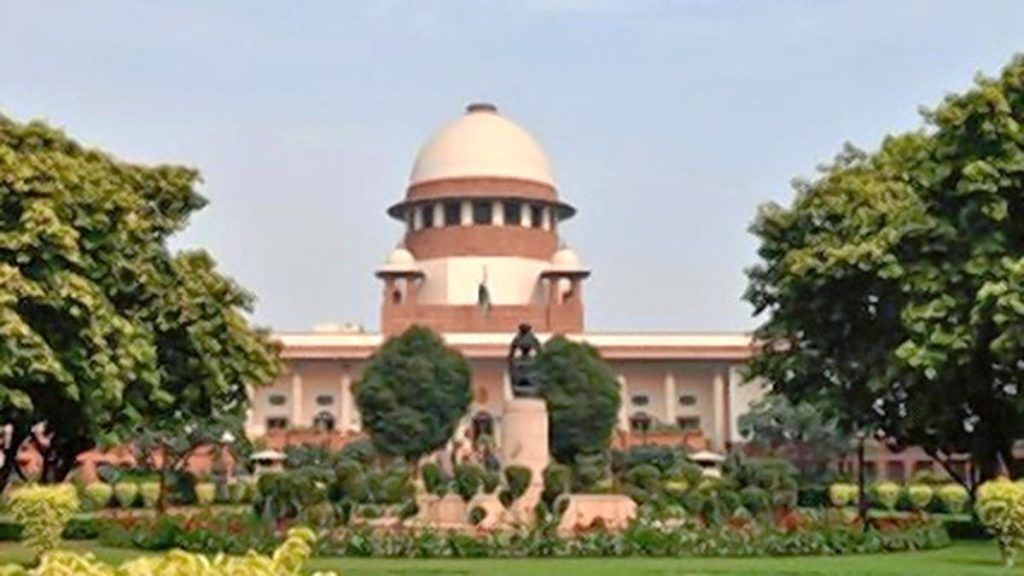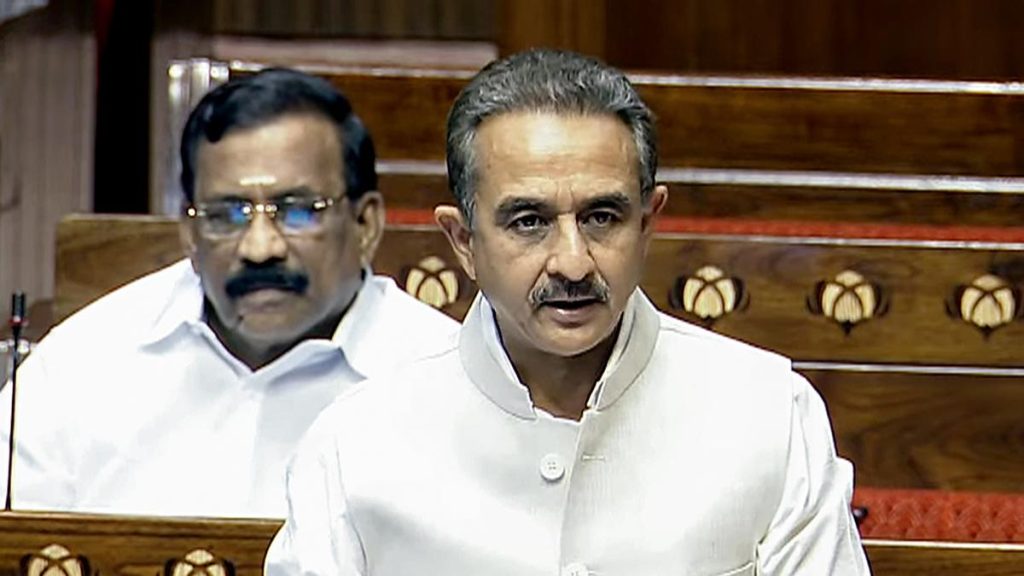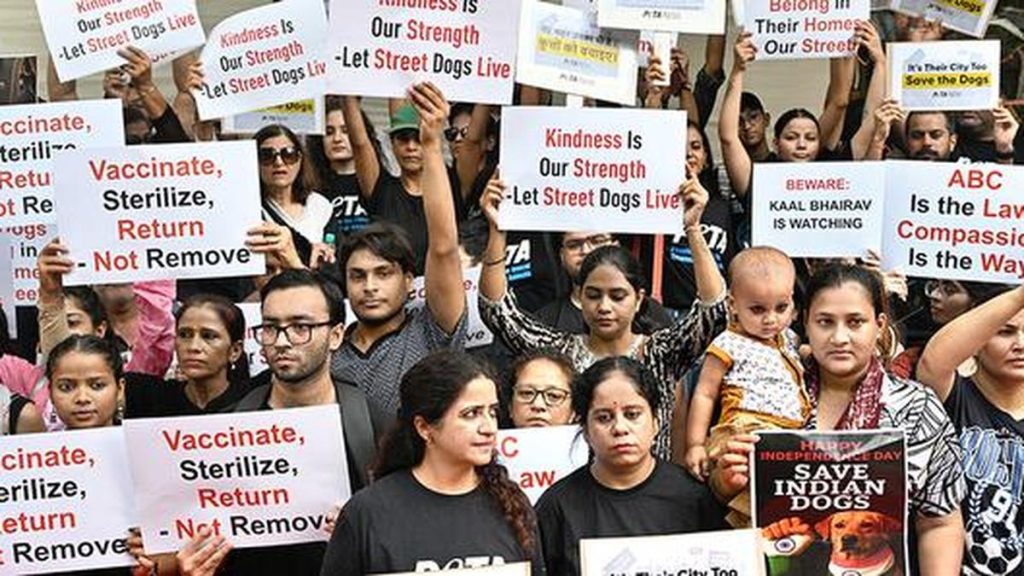Now Reading: Anganwadi Workers Protest Facial Recognition System in Kalaburagi
-
01
Anganwadi Workers Protest Facial Recognition System in Kalaburagi
Anganwadi Workers Protest Facial Recognition System in Kalaburagi
Rapid Summary
- Event: Anganwadi workers protested in Kalaburagi, karnataka, on august 21 against the introduction of a Facial Recognition System (FRS) for beneficiaries under the Integrated Child Growth Services (ICDS) scheme.
- Concerns Raised:
– FRS deemed ‘inhuman’ as it violates principles of the National Food security Act, 2013, aimed at ensuring no individual goes hungry.
– Supreme Court directives prohibit denial of food or subsidies due to lack of Aadhaar cards; FRS seen as contradictory to these orders.
– Worries about data privacy and risks such as cyber fraud related to biometric details misuse.
- Criticism Towards Government: Protestors accused the Union Government of imposing restrictions to reduce financial commitments under ICDS and neglecting its mandated share (60%) in funding.
- Demands Made by Workers:
– Withdrawal of FRS implementation.- Making ICDS permanent wiht revised unit costs for beneficiaries.
– Implementing pay scales for anganwadi staff equivalent to C and D category employees based on Gujarat High Court’s judgment (2018).
- Future Plans: Threatened indefinite protests outside Union Ministers’ homes in November-December if demands are unmet.
- Leadership: Demonstration led by Gowramma Patil,district unit president.
Indian Opinion Analysis
The protest over Facial Recognition Systems within ICDS reflects broader concerns about technology-driven governance possibly conflicting with established social welfare objectives. While leveraging technological tools like facial recognition could improve administrative efficiency and tackle leakages in service distribution, striking a balance with citizens’ rights-including privacy-is crucially vital.
Anganwadi workers highlight valid issues regarding potential exclusions caused by technical barriers or discrepancies that undermine food security mandates. the criticism aligns with prior judicial rulings that prioritize accessibility over mandatory digital identification mechanisms for essential services. Moreover, apprehensions regarding data safety echo growing global debates around biometrics use without adequate safeguards.
This resistance indicates deeper systemic strains within India’s child welfare programs-insufficient funding allocation being a recurring challenge-and brings attention to missed opportunities for improving Human Development Index outcomes via reliable welfare delivery mechanisms. Maintaining trust among policy enforcers like anganwadi staff will be vital in advancing long-term program goals without jeopardizing vulnerable populations’ access.
For more details: Read more.























